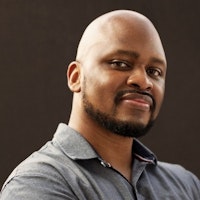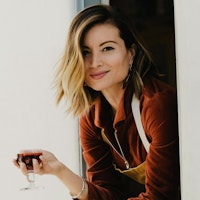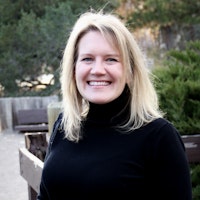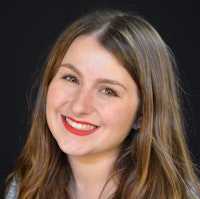
I long for the day when the idea of not drinking for whatever reason is normalized.
Show Notes
For adults, the pressure to drink at social engagements, work events, restaurants or almost anywhere outside the home can feel constant. Recent research has found that “no amount or kind of alcohol is good for your health,” and a wide variety of health problems can be linked to drinking. The growing “sober curious” movement offers people a way to think about cutting down on alcohol consumption at their own pace and in their own way, without the stigma that sometimes comes with sobriety. Quality non-alcoholic alternatives are more available than ever before, and sober bars and gathering spaces have popped up in a few cities. An expert panel from Aspen Ideas: Health breaks down sober curiosity for an audience at the festival. Chris Marshall is a mental health counselor and the founder of Sans Bar, a sober bar in Austin, Texas. Jen Batchelor started Kin Euphorics, a functional non-alcoholic beverage brand. And Katie Witkiewitz directs a substance abuse program at the University of New Mexico. Journalist and founding editor of Healthcare Brew, Amanda Eisenberg, moderates the conversation.
Explore
Related episodes

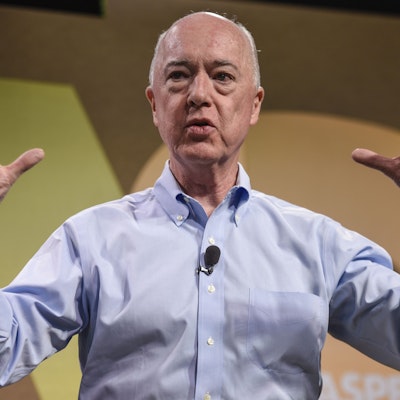
How well you handle difficulty may determine how happy and healthy you are later in life.


Why do happily married couples cheat? Esther Perel, author of the new book "The State of Affairs: Rethinking Infidelity," talks with Hanna Rosin, co-host of NPR's Invisibilia.


Jeffrey Sachs is distressed about the political and social atmosphere in the United States.
Elisabeth Rosenthal on our broken healthcare system.


Most of us know where to find quick hits of pleasure and enjoyment. But what about satisfaction that lasts for years, or decades, or a lifetime? It can be tempting to think the secret lies in pursuing more—more money, more accomplishments, more friends, more stuff—but we have overwhelming evidence that more doesn’t work. Maybe the secret is…wanting less? Arthur Brooks teac...


The age of technology and the internet provides constant easy access to sexual content and information about sex, for all tastes and curiosities. But survey data show that young people are having less sex than people of previous generations did at their age, and the experts are trying to figure out why. In this 2019 talk from the Aspen Ideas: Health archives, three profess...


As scientists work to develop a vaccine to battle the coronavirus pandemic, many people question whether the process has been rushed and if the results will be effective and safe. The U.S. Food and Drug Administration is responsible for approving new vaccines in this country. FDA commissioner Dr. Stephen Hahn and former FDA commissioner Dr. Peggy Hamburg say the agency use...


Arthur Brooks on bringing the most happiness to the most people.


Designer Ingrid Fetell Lee studies how our physical environment impacts our well-being, both physically and psychologically.

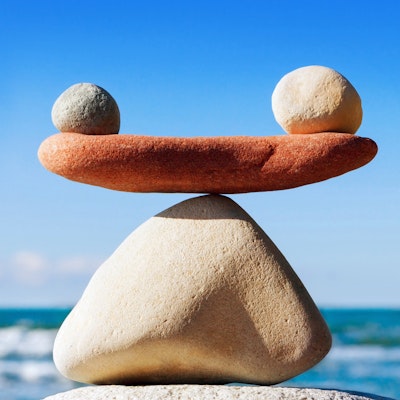
About two decades ago, NPR host Mary Louise Kelly had her first child and went down the extremely common yet commonly daunting life path of balancing a demanding career with a family. As a national security correspondent on assignment war zones, she missed family events and emergency phone calls from her kids’ school. As the daily weekday co-host of “All Things Considered,...


Hope seems like a simple concept, but the feeling can be difficult to hold onto. And when times are difficult and chaos swirls around us, it’s more important than ever. How do we find and practice hope when it’s elusive? Spiritual and religious leaders rely on centuries of experience and wisdom to continually guide people back to hope, and this episode’s discussion from th...
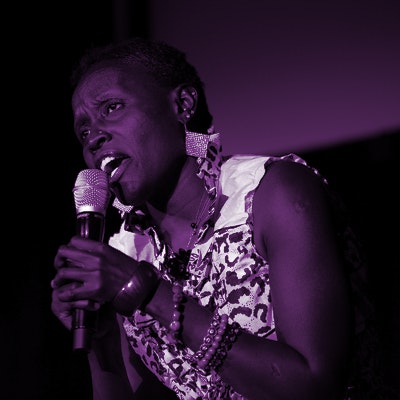

Hear stories on health and human connection around the world from Aspen New Voices fellows.
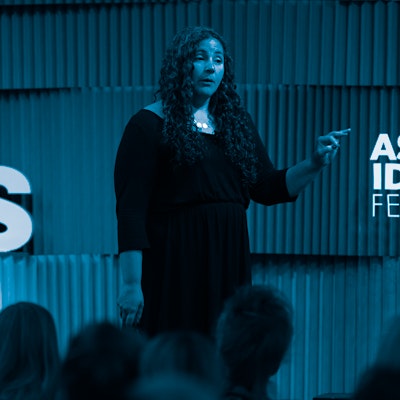
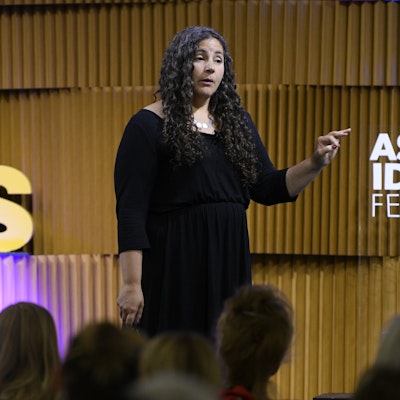
Yale's Laurie Santos gives a crash course on how to feel less stressed and depressed.


Thinking about the far-off future isn’t just an exercise in intellectual curiosity.


New research suggests that much of what people think about happiness is wrong.


When psychotherapist Lori Gottlieb set out to write the stories of her patients she realized she should chronicle her own struggles too.

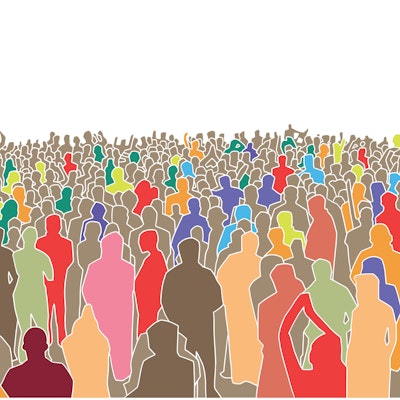
With millions of Americans already infected with COVID-19, public health officials are working to ensure that a safe and effective vaccine is available for every American who wants one. They also want to be sure people aren’t afraid of getting those shots. Nancy Messonnier, M.D., is director of the National Center for Immunization and Respiratory Diseases. She leads the Ce...


Before Covid-19 began spreading across the globe last year, virologist Nathan Wolfe already knew what was becoming abundantly clear: The world was woefully unprepared to prevent the spread of novel viral threats. To prevent similar devastation, he challenges people to imagine a different future where viruses are regularly tracked in groups of individuals—providing a sort o...


Why is it that simple pleasures such as bubbles, rainbows, and hot air balloons bring joy to most people? Designer Ingrid Fetell Lee says, “there’s something really powerful in the idea that we all find joy in the same things,” especially items with little significance otherwise. Fetell Lee studied how our physical environment impacts our well-being, both physically and ps...

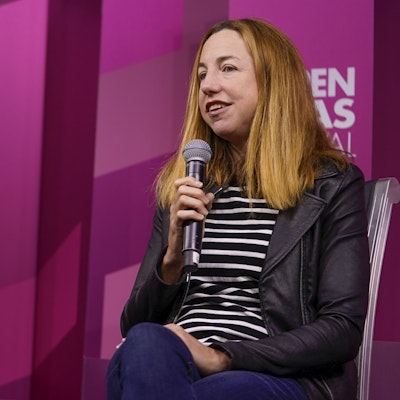
When our bank accounts are full, are we happier? Does a pay raise at work equal increased joy?






